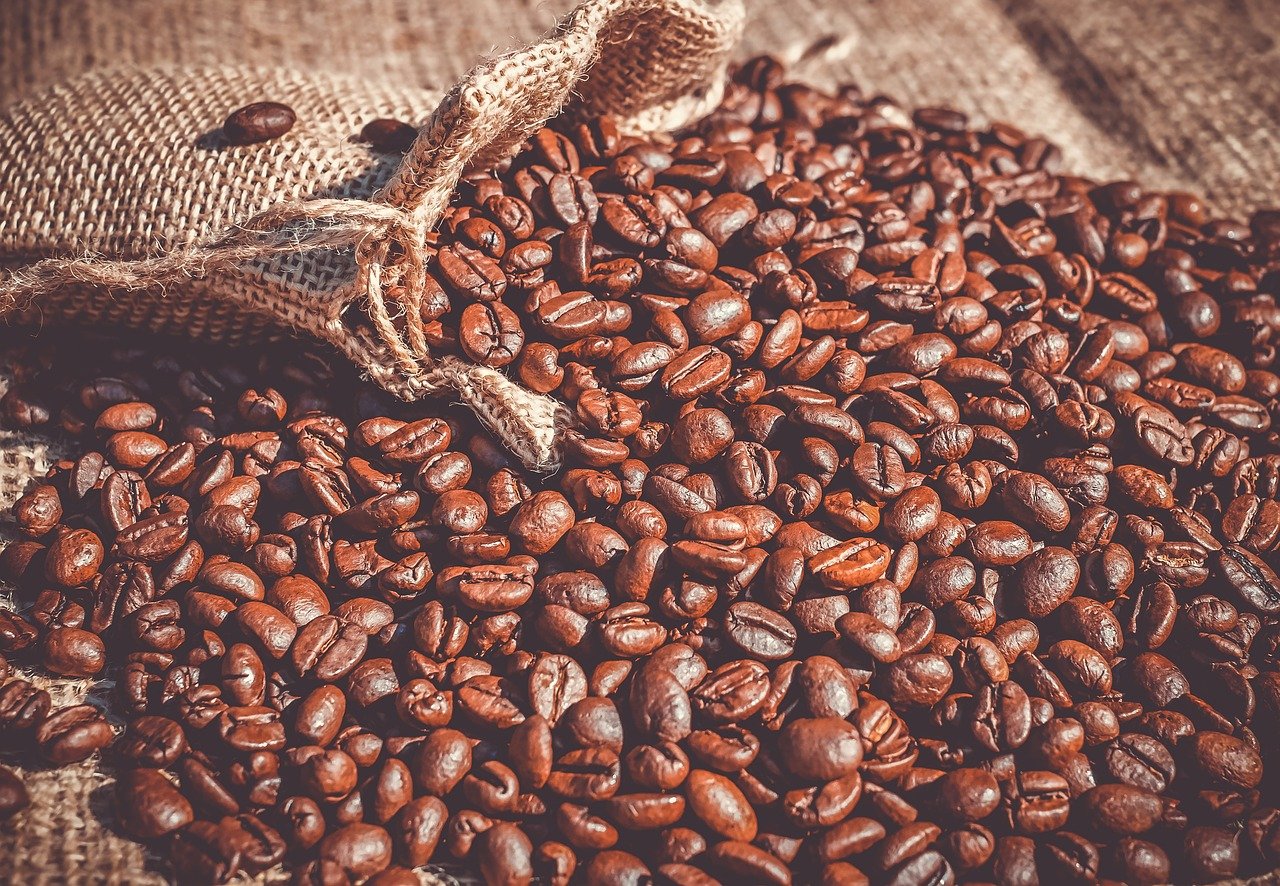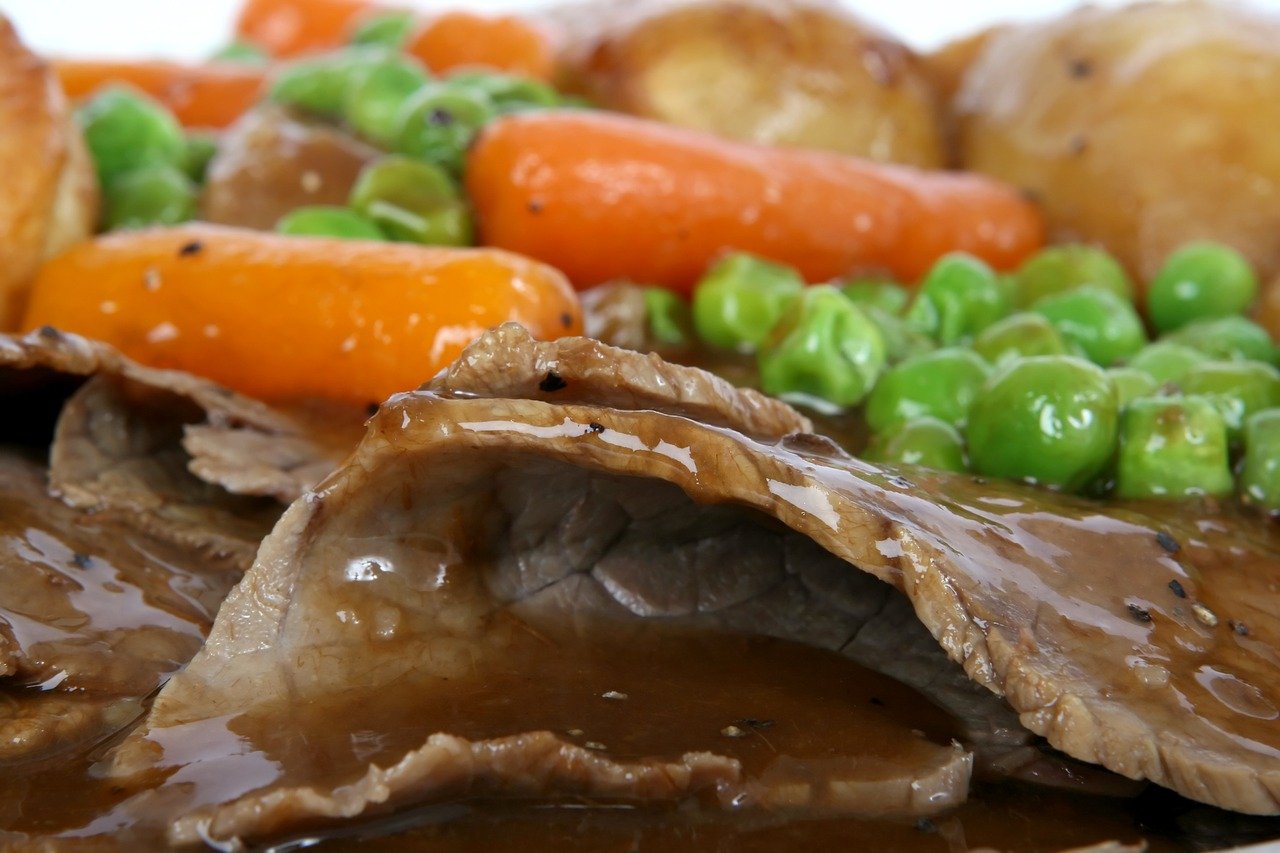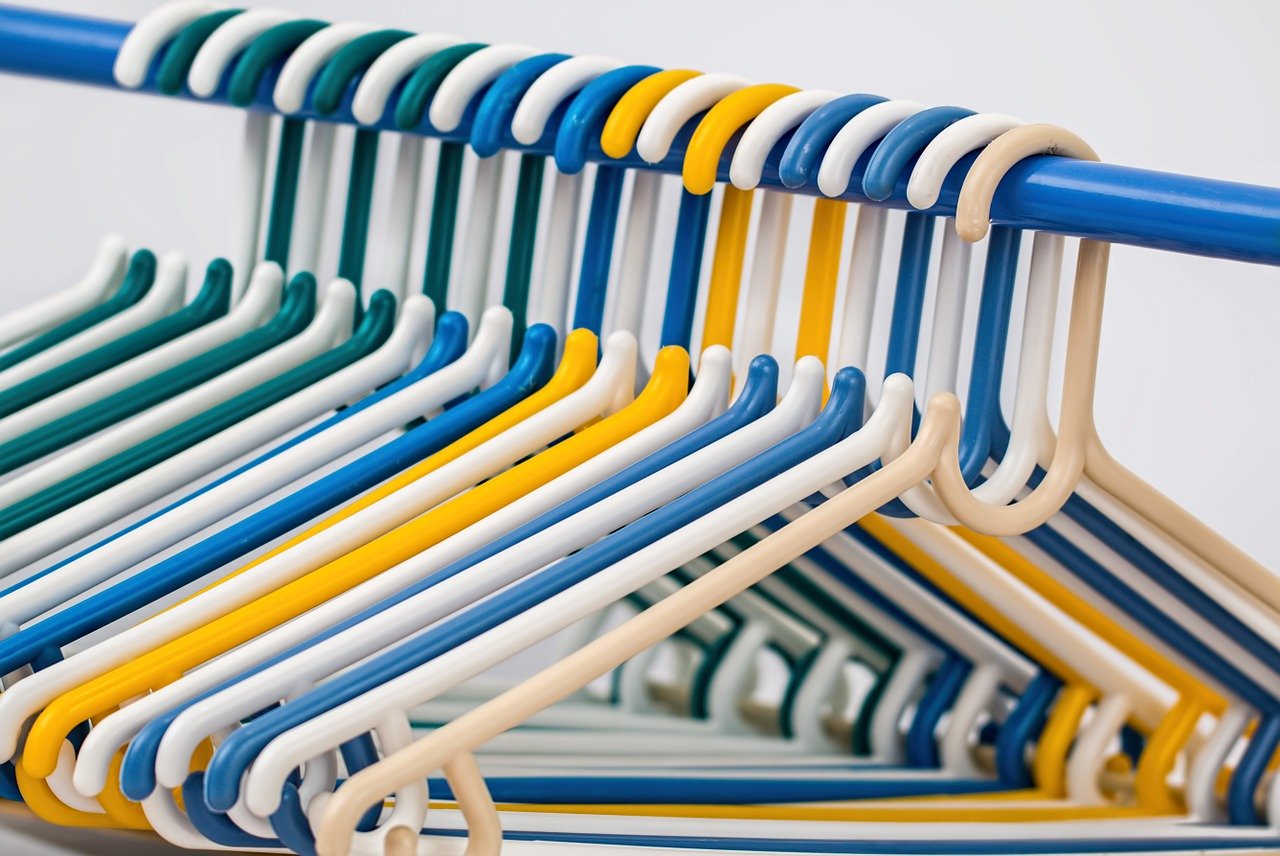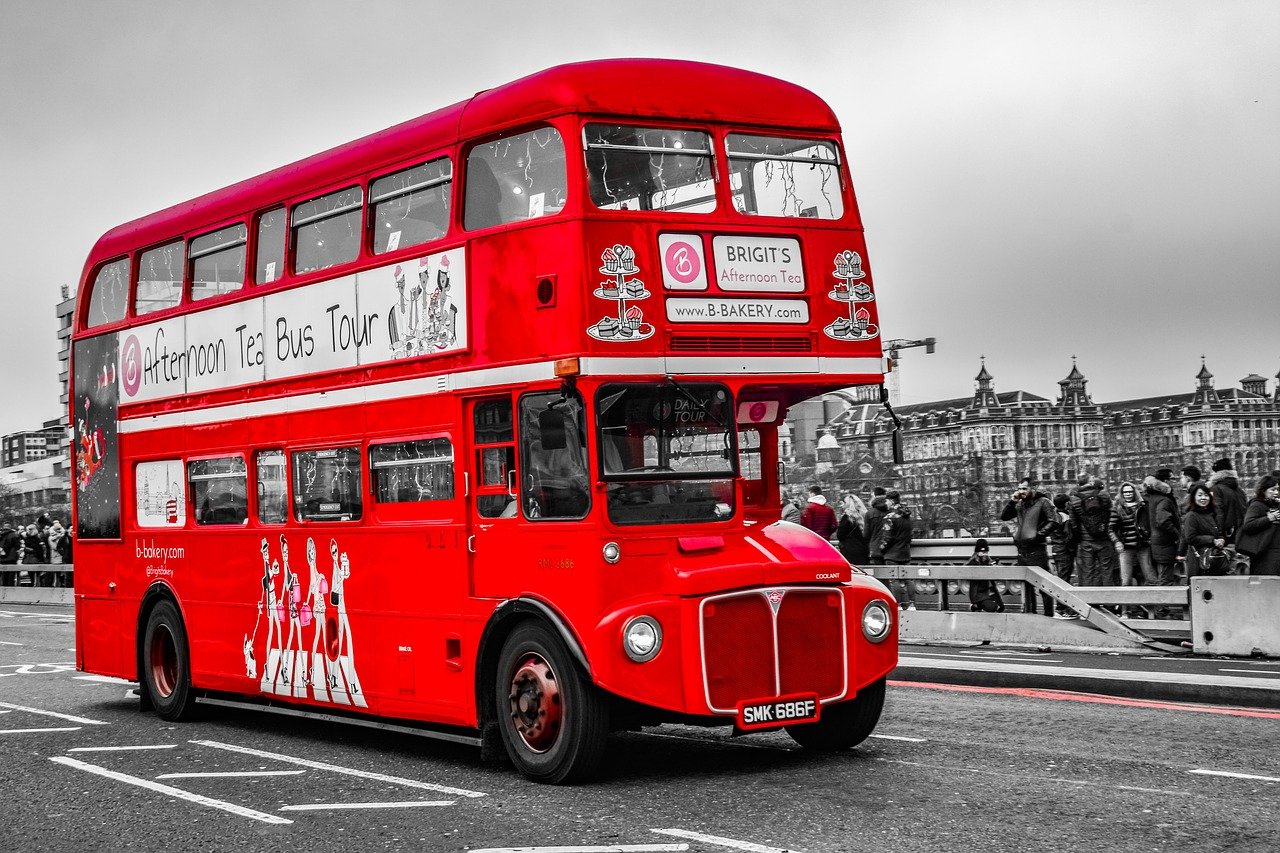Coffee Time
A cup of Java can revitalize a very dull day, but can it be blamed for impotence, insomnia or insanity?
Personally, I consume eight to ten cups of coffee per day, with milk and sugar. On my good days, I reduce that to about three, but I admit I am addicted – whether it is to the caffeine, the sugar or just the idea that I need the stuff to survive.
Most people associate coffee with caffeine, which is one of the main ingredients. Caffeine is the most widely consumed legal mind-affecting drug in the world, however it is not the only ingredient in coffee.
Research into coffee suggests that decaffeinated coffee has most of the same health benefits (and drawbacks) that regular coffee has.
Some of the benefits of coffee:
· Adrenaline Caffeine increases adrenaline levels in your blood, which helps your physical performance. Drink a cup of coffee just before a workout and it can improve your performance.
· Be Alert. Your country needs lerts. Coffee can help you focus and stay alert.
· Burn Fat. It helps you burn fat.
· Fights cancer Reduces the risk of cancer. Prostate cancer in men and endometrial cancer in women.
· Remember? Reduces the risk of Parkinson’s and Alzheimers.
· Antioxidants Contains antioxidants, which protect the body against free radicals.
· Exercise Coffee makes you exercise. I have to get up from my armchair and walk to the kitchen sometimes.
· Lose Weight Coffee contains magnesium and potassium, helping the body process insulin – regulates blood sugar levels and reducing your craving for sugar – thus helping you lose weight.
· Reduced risk of Diabetes Caffeine lowers insulin sensitivity and impairs glucose tolerance, thereby reducing the risk of type 2 diabetes.
· Happy Coffee drinkers are happier than those despicable tea-totallers, because caffeine boosts production of neurotransmitters like serotonin, dopamine and noradrenaline, which elevate your mood.
· Tea? How many tea shops do you see?
Some of the disadvantages of coffee:
· It’s poop. Check your source of coffee. There’s something called Kopi Luwak, which is pooped out by a civet (like a cross between a monkey and a cat), and put in pretty little packets – and costs more than pure gold.
· Quality Poor quality coffee can have impurities, which may cause headaches, illness or worse. If the coffee is cheap, it’s probably not a good quality or mixed with other stuff.
· The Milk and Sugar Coffee might be good for you, but then again your cup of Java has sugar and milk added. That is a whole other ballgame.
· Quantity Four to five cups of coffee (about 400 milligrams) is safe for most healthy adults. Anything more than that, and you’re going to look like a heroin junkie.
· Caffeine The level of caffeine differs depending on the type and the quality of coffee.
· Pregnant? If you are pregnant, the caffeine will reach the fetus. Reduce the number of cups you have.
· Blood Pressure Some studies have shown that coffee (even decaf) increases blood pressure and heart rate.
· Cholesterol Coffee beans contain cafestol and kahweol, ingredients which raise LDL cholesterol levels. Filtering can trap most of the LDL. (If you don’t have high cholesterol, those ingredients can be beneficial to your liver).
· Bedwetting Consumption of coffee can increase the likelihood of bedwetting in under-10s.
Insomnia?
Caffeine can temporarily make us feel more alert by increasing adrenaline production and blocking sleep-inducing chemicals in the brain. The stimulating effect of caffeine can happen within 15 minutes after it is consumed, and it the effects can remain for up to six hours – however, it still does not have enough of an effect to keep you awake, unless you have one of those irritating kettles that whistles when it boils causing you to jump out of bed / off the couch to stop that infernal racket.
Insanity?
Coffee can make you go off your rocker, especially when you have to get up to go and make the stuff. People get to depend on the stuff and can get physical signs of withdrawal, like headaches, tiredness and muscle pain. When people exhibit these symptoms, do not confront them or get between them and the kettle; smile and wave and offer to make them a cup of tea.
Impotence?
Caffeine can act as a vasoconstrictor, a substance which narrows blood vessels. Initially, blood flow can be slightly affected, but the effect is temporary. Caffeine primarily acts as a vasodilator, which means it improves blood flow, and can be beneficial to erectile dysfunction.
So, the bottom line is that reasonable amounts of coffee can be beneficial, can help your weight loss, can improve your performance, can boost your brainpower and it can prevent serious diseases.
Drink the good stuff, not the stuff with chicory and other additives.





